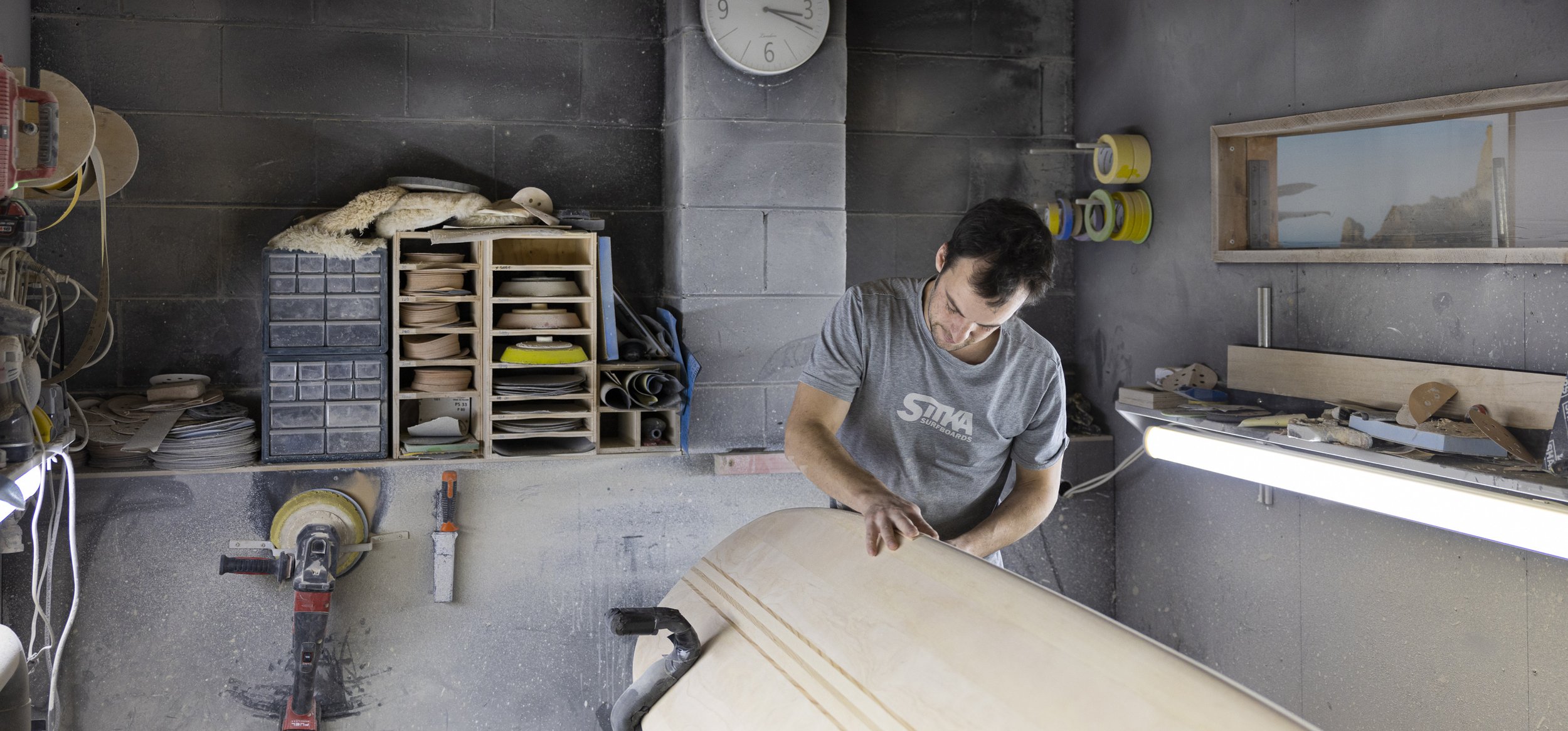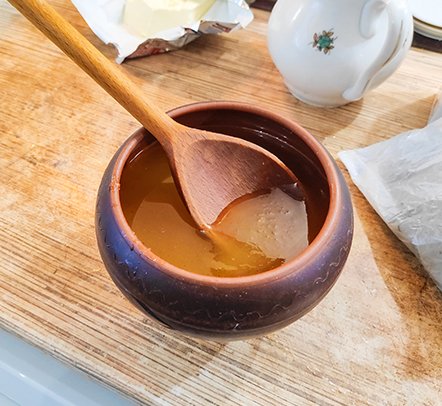
Lifestyle uses
Not all of New Zealand wood is for construction. Materials extracted from wood or trees are valuable too.
Douglas-Fir oil
Port Blakely has just begun production of Douglas-fir oil at an extraction facility in the Maniototo in Central Otago.
The Douglas-fir are grown in hedgerows and trimmed like a hedge to remove the foliage for oil extraction.
Douglas-fir infusion
Rifters Gin is handcrafter by carpenters Hamish Bourke and Stuart Clark at Arrowtown in Central Otago. It’s won international awards.
What makes Rifters special is local pure water and an infusion of Douglas-fir tips – along with other locally sourced botanicals.
Nutraceuticals from pine bark
ENZO nutraceuticals is based at Paeroa in Waikato. The company uses bark from Radiata pine to make a range of nutraceuticals which are retailed in New Zealand and exported, with India the main market.
While ENZO says it relies on the consistency and quality of New Zealand radiata bark, it still insists on using only bark from pruned logs to reduce the incidence of wood in its processing line.
Boost from pine pollen
Biogold manufactures a dietary supplement from pollen sourced out of the waste stream in plantation pine forests. It attributes a range of health benefits to consuming pine pollen, including a boost to the libido.
Pine pollen has been consumed as a health supplement in China for centuries.
Paulownia Surfboards
Jack Candlish is leading the charge back to wooden surfboards. He’s making them at Lyall Bay in Wellington from Paulownia wood grown by Graham Smith at Te Awamutu in the Waikato.
Paulownia is a very light timber, and according to Jack they the wood can take an enormous pounding from the surf.
Worth their weight in gold
The most valuable product per weight from New Zealand’s forests is manuka honey. Quality is established by a UMF grading. A certified UNF 32 grade currently retails for $2,000 for 250 grams. That’s more expensive than saffron.
Internationally the most valuable per weight product of trees is agarwood or oud in Arabic. Agarwood forms when an Aquilaria tree responds to a mould infection. These trees grow in South and Southeast Asia.
The resulting resinous material is highly sought after as an incense or perfume, especially in the Arab world and China and Japan. Prices as high as $9 million per kilo have been reported for the elite Kynam agarwood. That’s more valuable than Plutonium. The precise value of international trade is uncertain, but easily exceeds the total value of all New Zealand forest exports.






